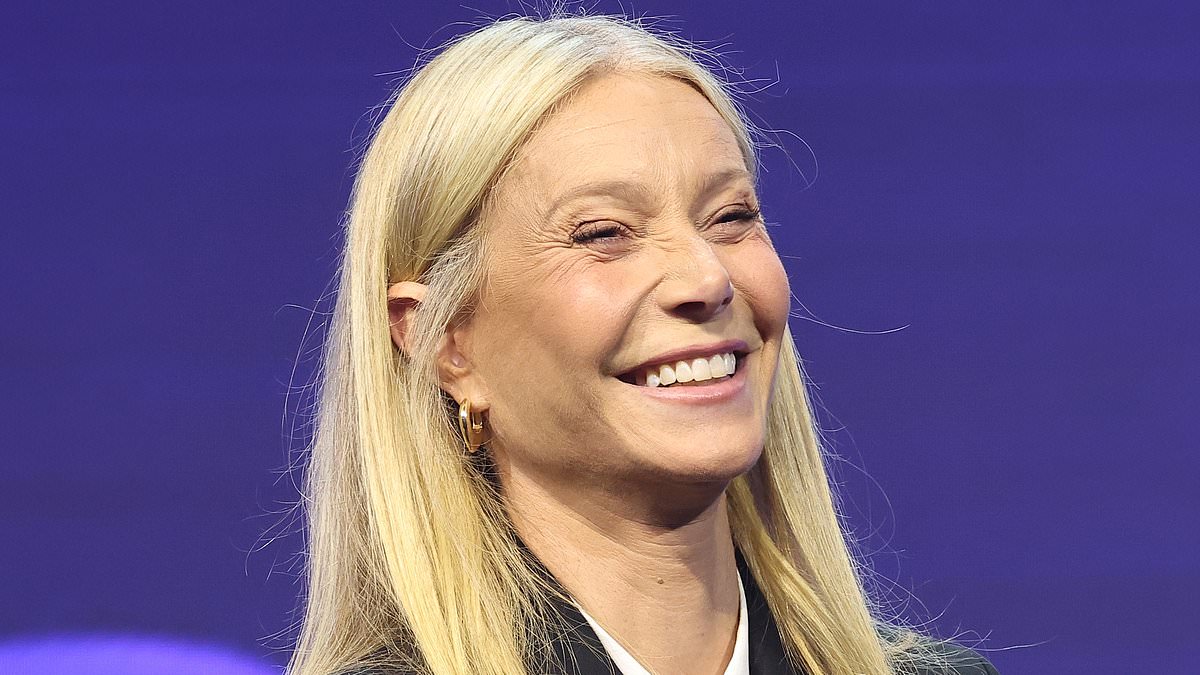Copyright dailymail

It was widely ridiculed at its launch. But Gwyneth Paltrow calling her lifestyle brand Goop may well have helped her get a headstart on her competitors. Giving a company a meaningless name may help make it more successful, researchers claim. 'Non-semantic' names such as Google, Xerox or Etsy create a mental itch which makes people more curious and more likely to invest or buy products, they say. Academics found that a brand lacking pinpoint meaning attracts £13,000 more in initial investment, compared with brands that have 'semantic' names, such as Red Bull or Zoom. The researchers from the University of Virginia and academic centres in France and Spain looked at 6,487 crowdfunding campaigns for technology companies in 22 countries. They found on average those with 'non-semantic' names attracted 17.12 per cent more funding – or around £13,000. In another experiment, around 250 men and women, were asked how much they would pay for a subscription to an AI device called either Brownie or a nonsense name made up of the same letters, such as Wbonire. People were willing to pay about 30 per cent more for the device when it had a meaningless name. Writing in the Journal of Business Research, the academics say non-semantic names can help to foster strong brands. Goop is a combination of Paltrow's initials and what she says she was told in 2008 – that internet companies with a double 'o' in the name are more successful. Häagen-Dazs was made up by founder Reuben Mattus to sound European, while Etsy co-founder Robert Kalin said he simply wanted a nonsense name.



